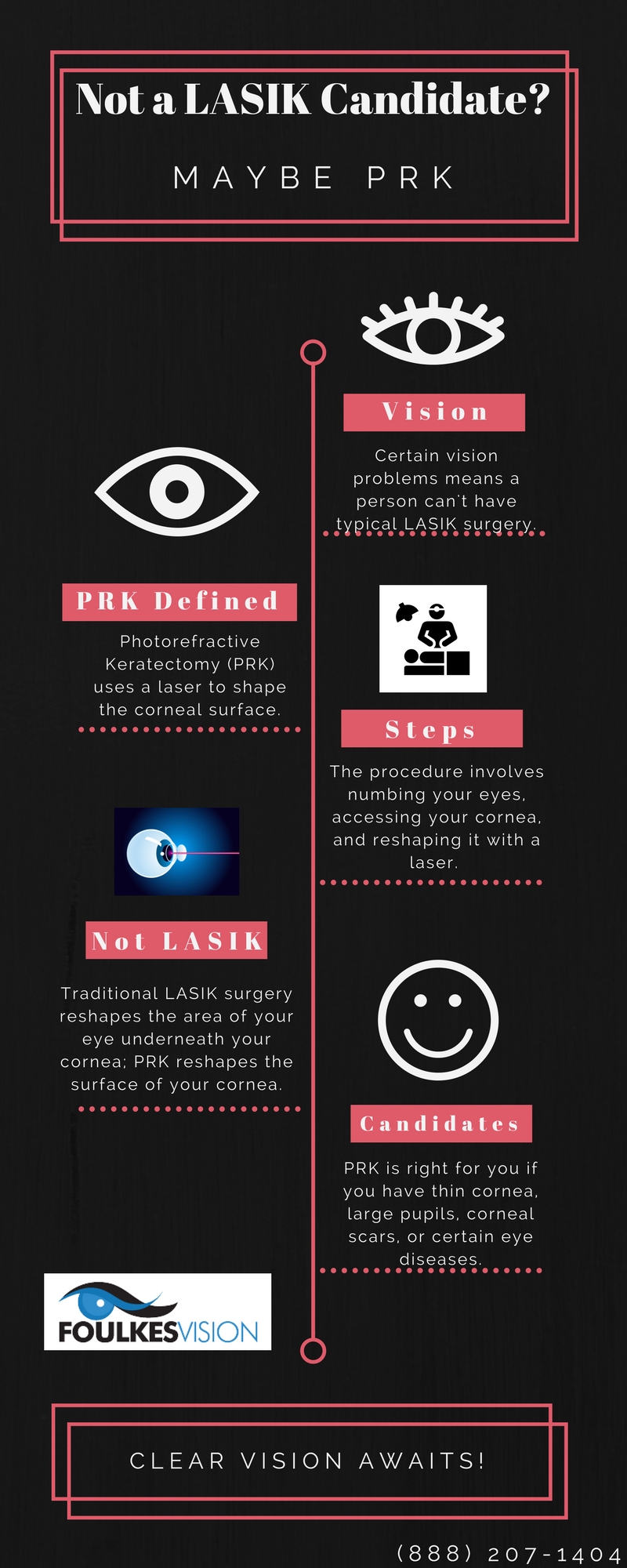Is SMILE Eye Surgical Treatment A Good Fit For You? Essential Insights And Factors To Assess

Recommended Browsing Written By-Clay Cochran
If you're considering SMILE eye surgical treatment, consider this: are you prepared to embrace possible visual liberty, or does the thought of any kind of dangers make you think twice? Your decision will certainly depend upon a careful equilibrium of weighing the advantages versus the uncertainties. It's vital to dig deeper into the nuances of SMILE surgical treatment to make an enlightened option that straightens with your visual objectives.
Comprehending SMILE Eye Surgery
When thinking about SMILE Eye Surgical treatment, it is essential to comprehend the treatment and its benefits. SMILE, which means Tiny Incision Lenticule Extraction, is a minimally intrusive laser eye surgery that fixes common vision issues like nearsightedness (nearsightedness).
During the procedure, your eye surgeon will utilize a femtosecond laser to develop a small laceration in your cornea. Via this cut, a tiny disc of cells called a lenticule is removed, improving the cornea and correcting your vision.
Among the essential benefits of SMILE Eye Surgery is its fast healing time. Many individuals experience improved vision within a day or 2 after the treatment, with marginal discomfort.
In addition, SMILE is recognized for its high success rate in supplying long-lasting vision adjustment. Unlike Recommended Online site , SMILE doesn't require the creation of a flap in the cornea, lowering the risk of problems and enabling an extra stable corneal structure post-surgery.
Recognizing the treatment and its benefits is crucial when taking into consideration SMILE Eye Surgical treatment for vision adjustment.
Advantages and disadvantages of SMILE
Considering SMILE Eye Surgical treatment for vision modification includes various advantages and potential downsides.
Among the major pros of SMILE is its minimally invasive nature, as it includes a little cut and normally leads to fast healing times. The treatment is additionally understood for triggering marginal discomfort and completely dry eye signs post-surgery compared to various other vision correction techniques. Furthermore, SMILE has been shown to offer superb aesthetic end results, with many individuals achieving 20/20 vision or better.
On the other hand, a potential disadvantage of SMILE is that it may not be suitable for people with severe refractive errors, as the treatment variety is somewhat limited compared to LASIK. Another consideration is that the discovering contour for doctors executing SMILE can affect the schedule of skilled carriers in certain locations.
It is necessary to evaluate these advantages and disadvantages thoroughly when determining if SMILE is the right choice for your vision correction demands.
Establishing Eligibility for SMILE
To determine if you're eligible for SMILE eye surgical procedure, your ophthalmologist will certainly carry out a detailed assessment of your eye health and wellness and vision needs. During this examination, elements such as the stability of your vision prescription, the density of your cornea, and the overall health and wellness of your eyes will certainly be analyzed.
Normally, candidates for SMILE are over 22 years of ages, have a steady vision prescription for a minimum of a year, and have healthy and balanced corneas without problems like keratoconus.
Your ophthalmologist will certainly likewise consider your total eye health, any existing eye problems, and your lifestyle needs to establish if SMILE is the appropriate option for you. It's necessary to communicate any kind of specific visual needs or problems you may have during this analysis to ensure that the therapy aligns with your expectations.
If you aren't qualified for SMILE, your optometrist may suggest alternative vision improvement choices that far better match your individual demands and eye health status.
Conclusion
Ultimately, determining whether SMILE eye surgical treatment is right for you requires cautious factor to consider of your specific eye health and wellness and aesthetic needs. Seek advice from your eye doctor to identify your eligibility for the procedure and evaluate the prospective advantages and drawbacks. Remember to connect any kind of concerns or questions you might have during the analysis process to make an educated choice concerning your vision improvement alternatives.

